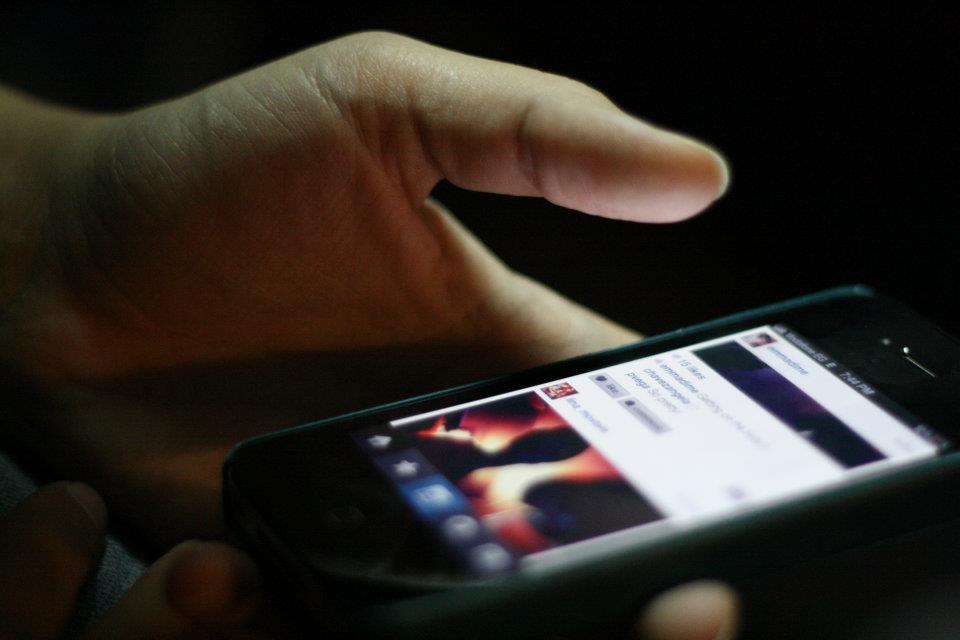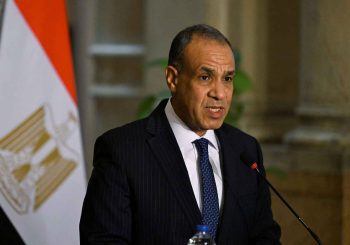As I stir from bed around noon, contemplating how many more hours I still have to go without coffee, I blindly grab for my phone. Part of my morning routine, Ramadan or otherwise, is to scroll through Instagram to check everything I’ve missed. During the holy month, an extra step is added: calculating how long I have left to go until nightfall.
Ramadan, the ninth month in the Islamic lunar calendar, requires Muslims to fast from food, drink, and any activity that might be considered sinful or a distraction from their spiritual duties. However, with its initiation into the 21st century, has the rhetoric shifted from its metaphysical benefits with larger emphasis put on the physical and social advantages to be gleaned from the practice?
In Islam, body, mind and soul are all interconnected. Reflecting on the benefits to the mind and soul to be derived from abstaining from food, drink, and distraction, is fundamental to the practice.
Abstinence cultivates self-discipline with the ultimate goal being spiritual connection and internal growth. However, in much of the MENA region, Ramadan has become synonymous with sleeping in for most of the day; overindulging during iftar; and forgoing moments of self-reflection for screen time. During the holy month, a 23 percent spike in television viewership is recorded in the region with the slot prices for advertising surging as well, according to Statista.
Ramadan is an occasion for Muslims to mould the habits and behaviours that contribute to their spiritual – and by proxy personal – evolution.
Practising Self-Control Through Restraint

When it comes to abstaining from food and drink, variations of the practice have taken over the world in the past few decades, with iterations like dry fasting and intermittent fasting being extolled for their physical and mental health gains.
Fasting has been hailed as a driver in increasing what is dubbed by American Social Psychologist, Roy.F Baumeister, the greatest human strength: will power. That is because abstaining requires a certain amount of mental strength, restraint and discipline. Will power is defined by the American Psychological Association as the capability to delay instant gratification for long-term rewards.
Patience and perseverance, which are precursors to achieving self-control, are a few of the skills that fasting helps hone, according to Islam: Religion, Practice, Culture, & World Order published by the International Institute of Islamic Thought in 2012.
Journalist and co-author of New York Times bestseller, Will Power, explains that will power is like a muscle, and that those who exercise it regularly, and without depleting it, have better control over it. During the holy month, which comes around once a year, the fast is from dawn to nightfall, after which Muslims can indulge (without being gluttonous).
A Cure for Addiction?

Difficulty in controlling impulses and urges has been linked to the obsessive consumption of certain products, eventually leading to addiction. Ramadan is an opportunity to pinpoint these individual addictions – as they’re cut out during the day – with the intention of eventually restricting or quitting them altogether in the long-term.
One of the addictions that has been on the rise since the advent of the internet is social media. The way in which content on social media platforms is consumed mimics that of addictive behaviour, with the repercussions manifesting as the increase in anxiety that has plagued younger generations.
But what is the effect of all these distractions on a person? The prefrontal cortex of the brain – the one used for focus – is weakened the more the parietal lobe is used to “take in distractions,” according to an article published by Boston’s Suffolk University in 2021.
The holy month advocates a break from these distractions, whatever they may be, with Muslims encouraged to spend their time self-reflecting, praying, strengthening their relationship with God, fostering connection with loved ones and partaking in acts of altruism.
Founder and Dean of the Cambridge Muslim College and theologist, Sheikh Abdel Hakim Murad says in one of his sermons when referring to Ramadan that “many of those who fast gain nothing from their fast except hunger and thirst,” forgoing the deeper meaning to be derived from the experience.
A Hike in Overconsumption

Overconsumption is the culprit behind a number of the world’s ailments. A symptom of the epidemic that is capitalism, overconsumption contributes to climate change and unethical labour practices, among other issues.
During Ramadan, several countries in the Arab world have registered their highest percentage of food waste, a by-product of overconsumption, throughout the month. While the holy month preaches abstinence, individuals and organisations rather become hyper-focused on food.
In 2020, the consumption of chicken in Egypt rose by 66.5 percent, as did food bills in Ramadan. A survey on household food waste in Egypt, published in 2015, found that the waste increased by 75.7 percent during the holy month.
Similarly in the United Arab Emirates, Dubai’s municipality recorded a 55 percent hike in food waste during Ramadan in 2019, as hotels and restaurants set up yearly for the whole month with lavish buffets and opulent feasts.
Islamic scholar, Ismail Ibn Musa Menk, known as Mufti Menk speaks about the habit of overconsumption that comes with breaking fast. Quoting the prophet (PBUH), Mufti Menk explains that the best practice for breaking fast should be “a third of solids, a third of liquids, and a third of air.” This is not to say that those fasting are prohibited from eating more than that, rather that consumption should be done in moderation and with mindfulness.
“The philosophy of fasting in Islam illustrates Islam’s humanism”; it is a tool for self-mastery that encourages human beings to reach their highest level of potential –that includes having empathy and compassion.
The opinions and ideas expressed in this article are the author’s and do not necessarily reflect the views of Egyptian Streets’ editorial team. To submit an opinion article, please email [email protected].







Comments (5)
[…] Source link […]
[…] post Ramadan Fasting: Ditching Overconsumption for Mindfulness and Self-Discipline first appeared on Egyptian […]